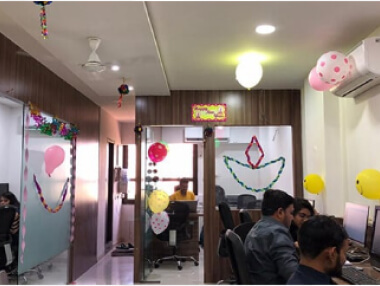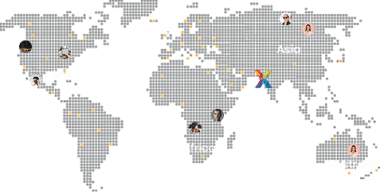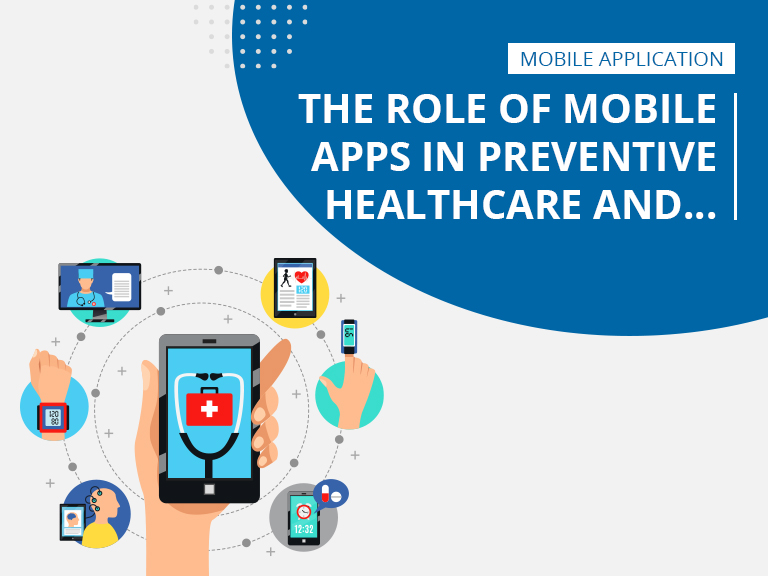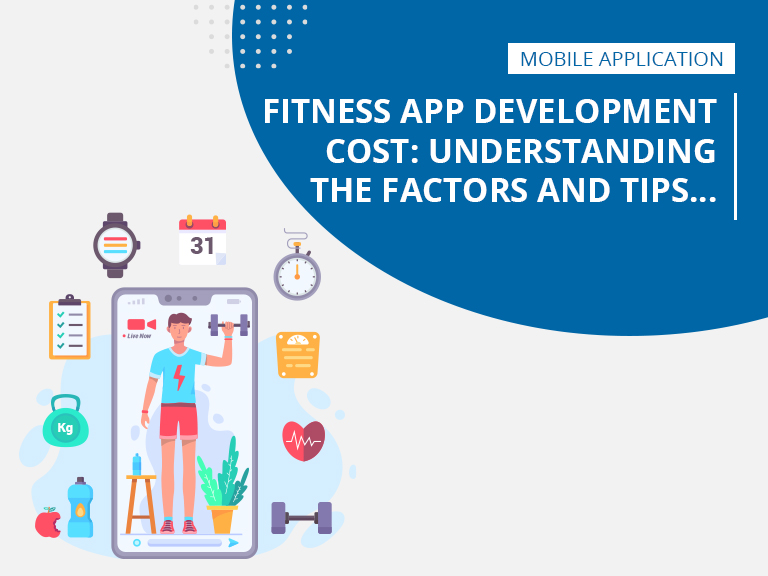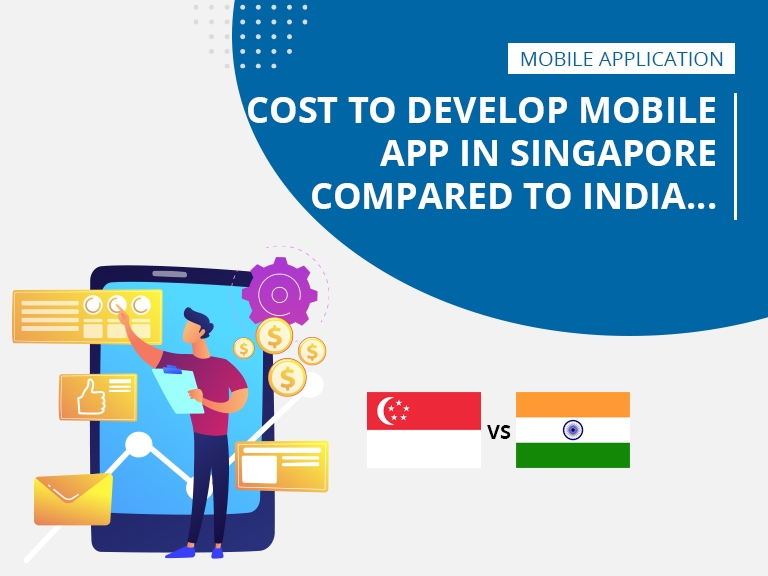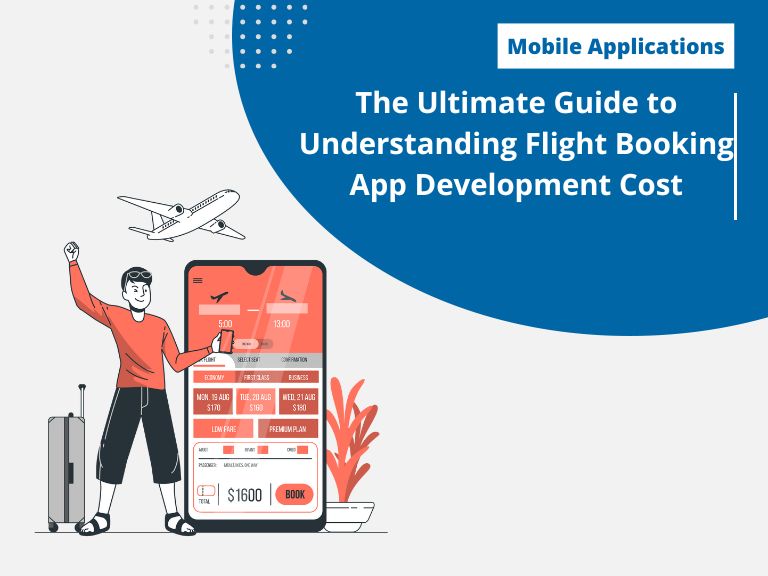In recent years, mobile apps have become an increasingly important tool in the world of healthcare. The use of mobile apps has grown rapidly in the field of preventive healthcare and chronic disease management. With the increasing prevalence of chronic diseases such as diabetes, heart disease, and cancer, the need for effective management tools has become more important than ever. Mobile apps offer a variety of benefits that can help patients manage their health more effectively and prevent the onset of chronic diseases.
Benefits of Mobile Apps in Preventive Healthcare and Chronic Disease Management
Easy Accessibility
One of the most significant benefits of mobile apps is their easy accessibility. Mobile apps can be downloaded and installed on smartphones and tablets, making them available to patients wherever they are. This allows patients to access healthcare information, track their health, and communicate with healthcare providers at any time and from any location.Real-Time Monitoring
Mobile apps can provide real-time monitoring of patients’ health. This is particularly useful for patients with chronic diseases who need to track their symptoms regularly. Real-time monitoring can help detect any changes in a patient’s condition early, allowing for prompt intervention and treatment.Personalized Care
Mobile apps can provide personalized care based on a patient’s individual health needs. This can include customized exercise and diet plans, medication reminders, and personalized health education.Cost-Effectiveness
Mobile apps can be a cost-effective way to manage chronic diseases and preventive healthcare. They can reduce healthcare costs by preventing the need for expensive treatments and hospitalizations. Additionally, mobile apps can help patients manage their health more effectively, reducing the likelihood of complications and the need for emergency care.Improved Patient Engagement
Mobile apps can improve patient engagement by providing patients with the tools they need to manage their health more effectively. This can lead to better patient outcomes, improved patient satisfaction, and increased patient loyalty.Examples of Mobile Apps in Preventive Healthcare and Chronic Disease Management
MyFitnessPal
MyFitnessPal is a mobile app that helps users track their food intake, exercise, and weight. It provides personalized diet and exercise plans based on a user’s individual needs and goals. MyFitnessPal can be used to manage weight, prevent the onset of chronic diseases, and improve overall health.Glucose Buddy
Glucose Buddy is a mobile app that helps users manage diabetes by tracking blood sugar levels, medication, and diet. It provides personalized medication reminders and alerts, as well as educational resources on diabetes management.Headspace
Headspace is a mobile app that provides mindfulness and meditation exercises. It can help reduce stress, improve sleep, and promote overall mental and physical wellbeing.Risks Associated with Mobile Apps in Healthcare Management
While mobile apps can be a useful tool in healthcare management, there are risks associated with their use. Data privacy and security concerns are among the most significant risks. It’s essential to use reputable apps and ensure that personal health information is kept secure.Conclusion
In conclusion, mobile apps have revolutionized the way we approach preventive healthcare and chronic disease management. They provide a convenient and accessible way for individuals to track and manage their health, and can improve overall health outcomes. However, it’s important to use reputable apps and ensure the privacy and security of personal health information. If you’re looking to develop a mobile app for healthcare management, it’s essential to hire experienced and proficient mobile app developers. With their expertise, they can help you build a custom app that meets your specific needs and adheres to industry standards for privacy and security. Don’t hesitate to take advantage of this valuable resource and hire mobile app developers to bring your healthcare management app idea to life.Yes, mobile apps can be a useful tool in managing chronic diseases by tracking symptoms, providing medication reminders, and personalized health education.
No, mobile apps should be used in conjunction with traditional healthcare to provide a comprehensive approach to healthcare management.
It’s important to use reputable apps and read the app’s privacy policy. Make sure to use secure passwords and avoid sharing personal health information with third-party apps.
Yes, data privacy and security concerns are among the most significant risks associated with using mobile apps for healthcare management. It’s essential to use reputable apps and ensure that personal health information is kept secure.
Mobile apps can be used for a variety of healthcare management, including preventive healthcare, chronic disease management, mental health management, and general wellness management.
